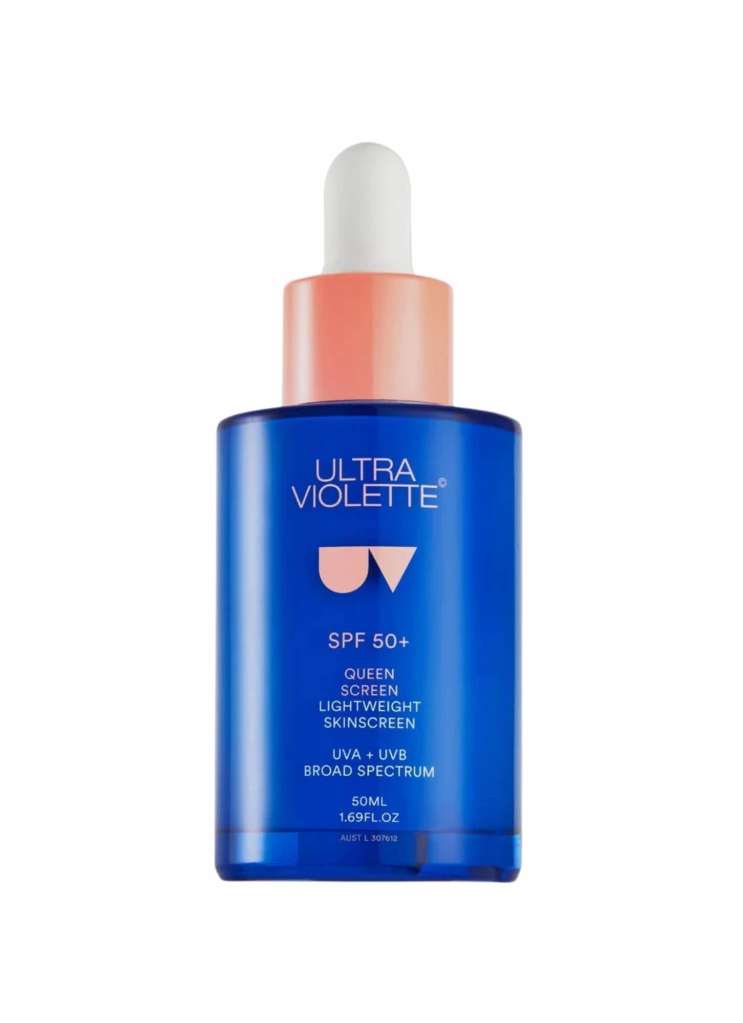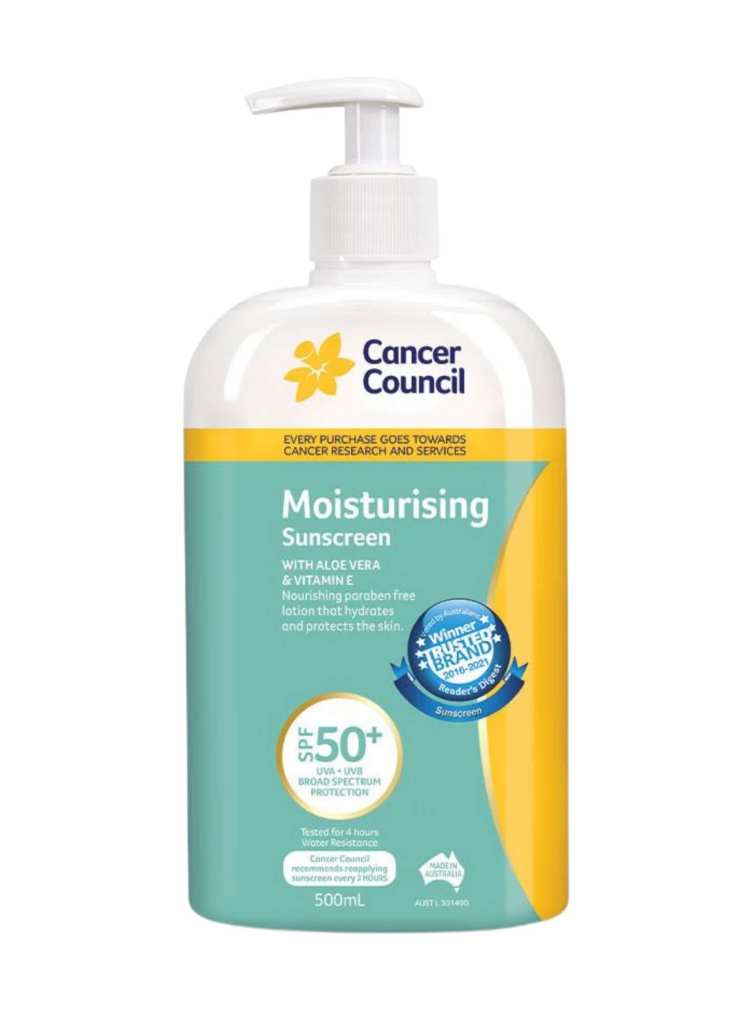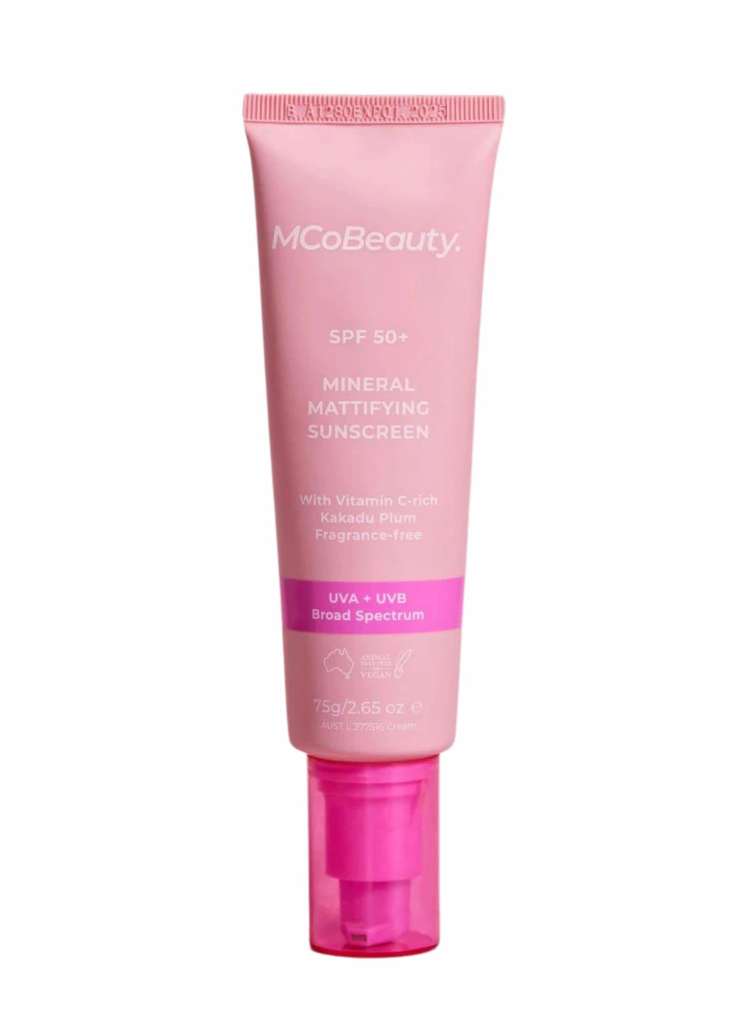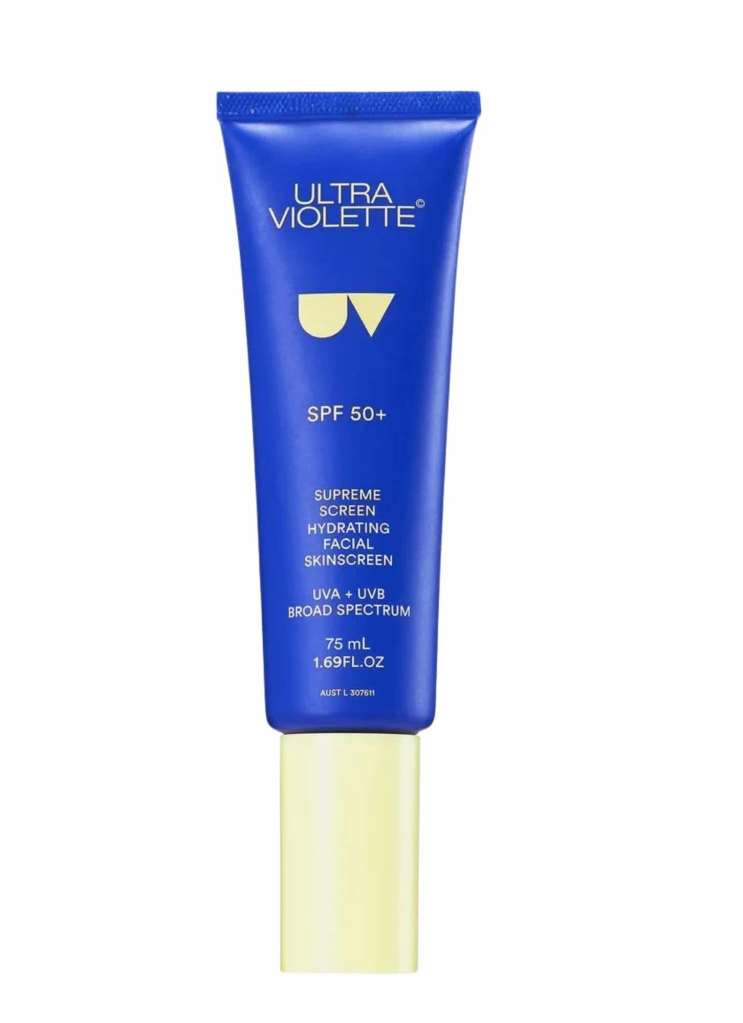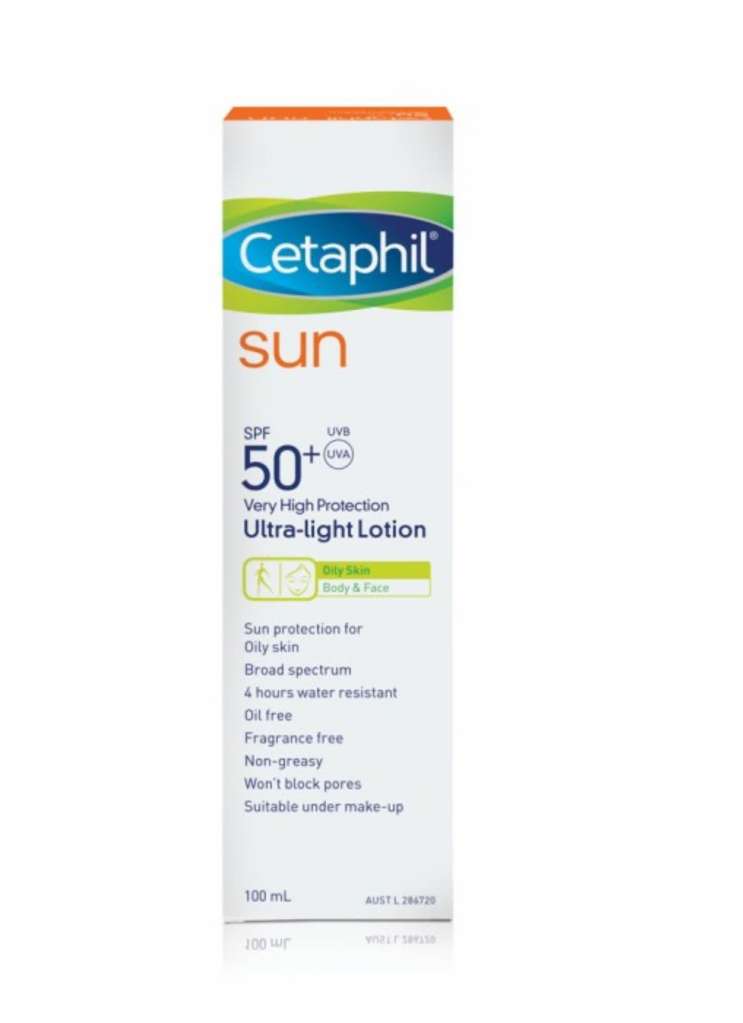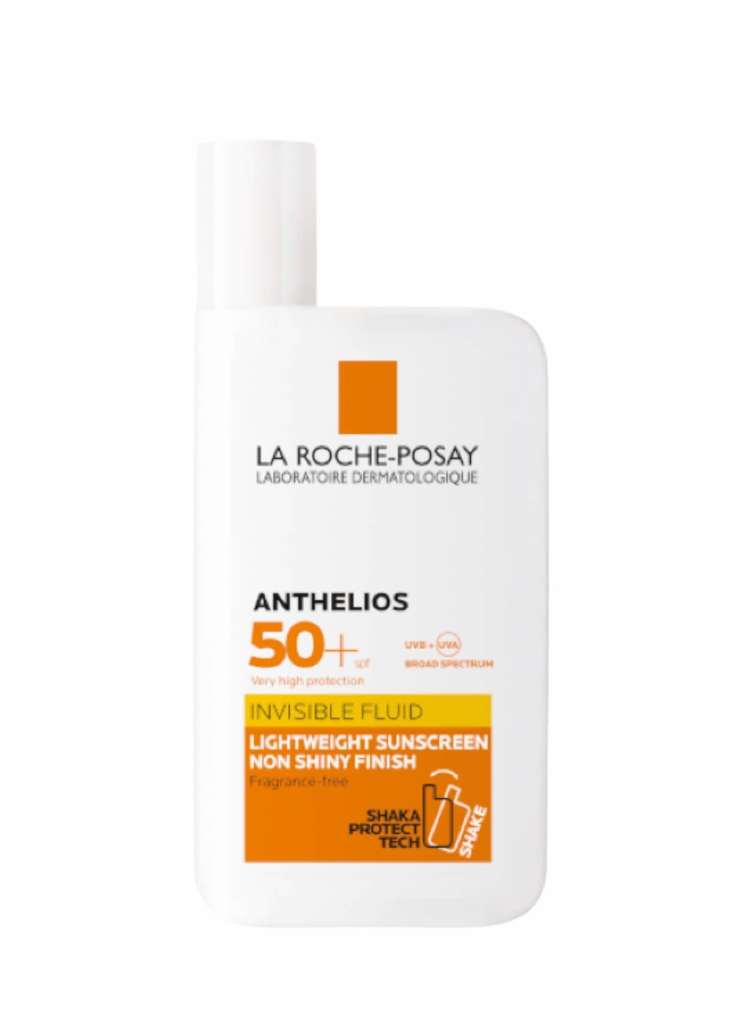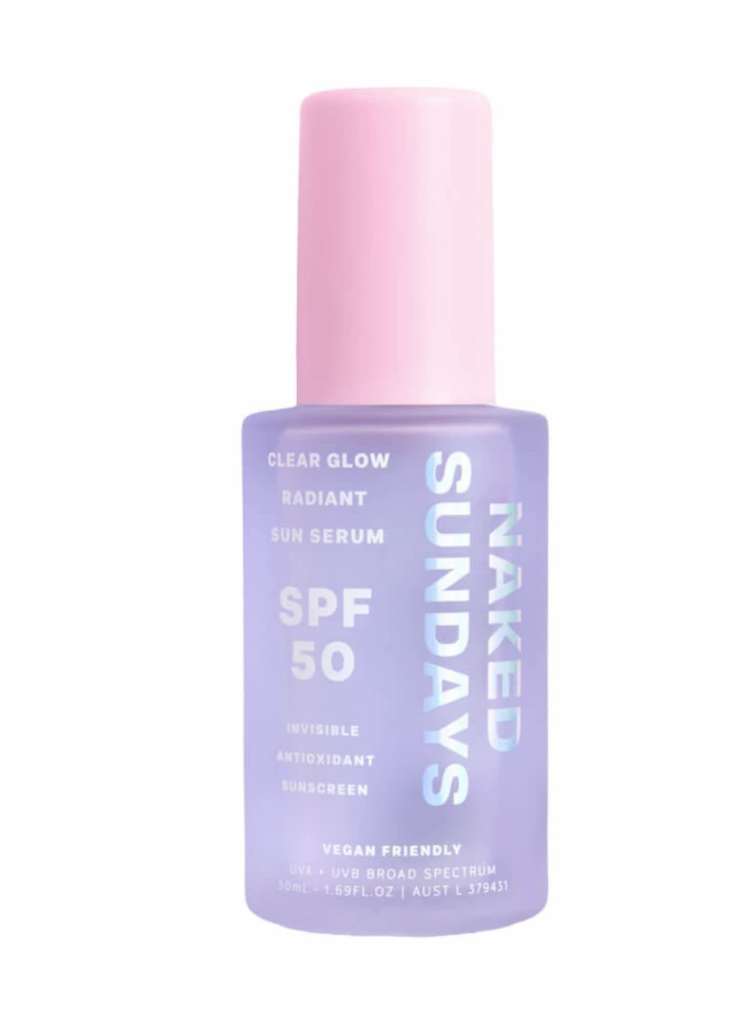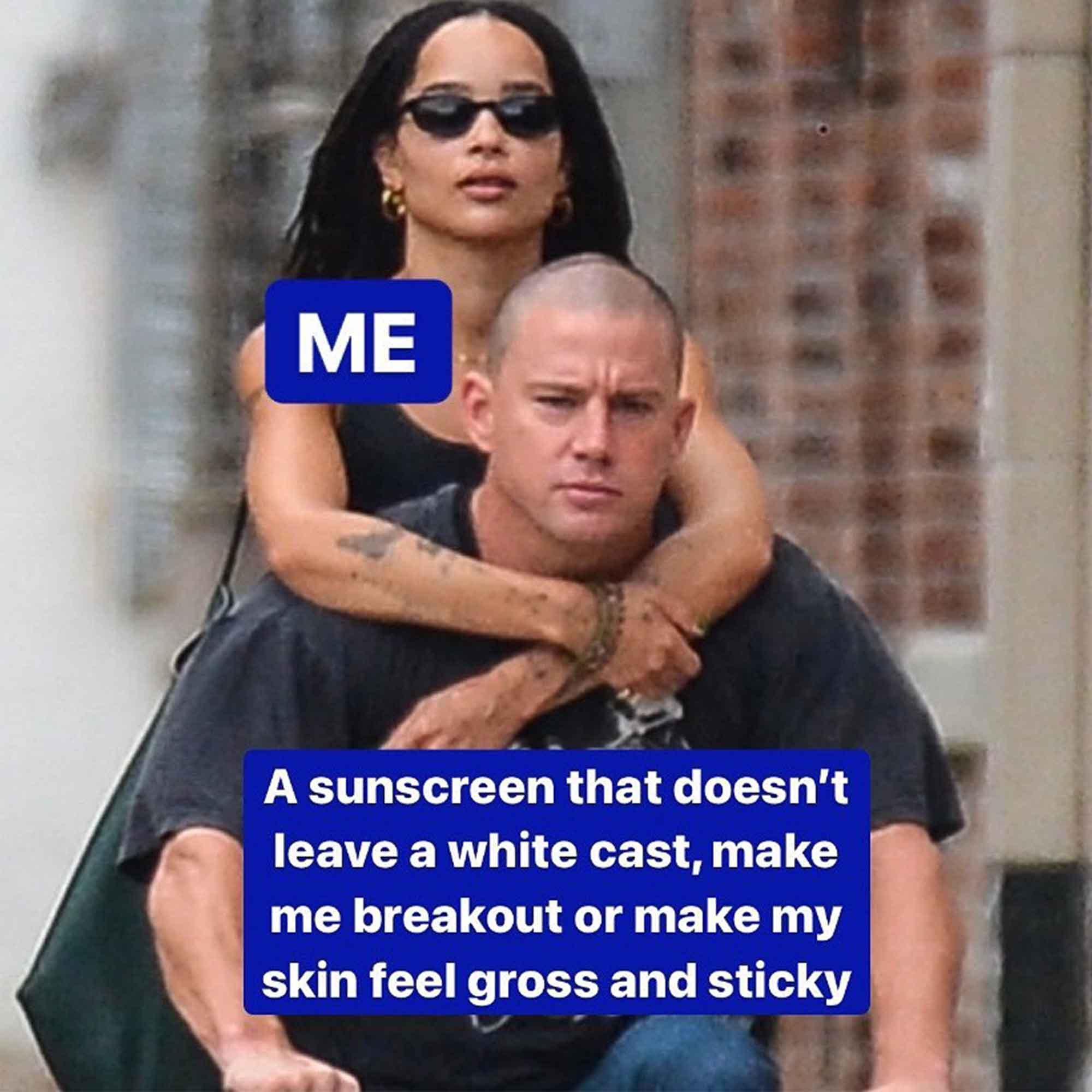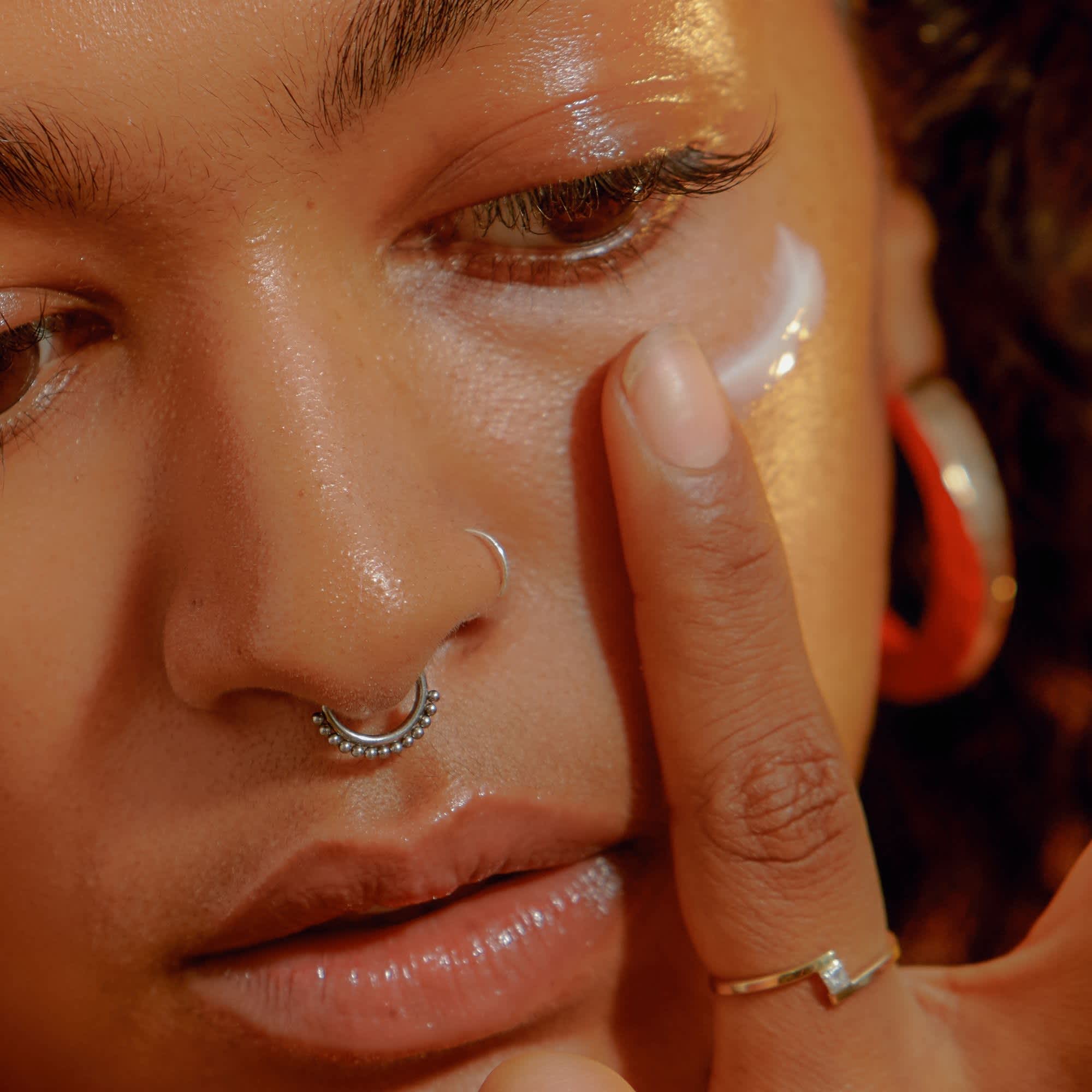
- POPSUGAR Australia
- Beauty
- How Concerned Should You Be About Australia’s Recent Sunscreen Recall? We Asked an Expert
How Concerned Should You Be About Australia’s Recent Sunscreen Recall? We Asked an Expert

On Tuesday, May 17th, beauty industry account Estée Laundry shared an Australian Business Journal piece to their stories, reporting the recall of a number of Australian sunscreens.
The reason given was “a cancer-causing ingredient” found in batches – a chemical compound called benzene.
There were three products involved in the recall, which were restricted to products sold between October 1, 2020, and June 1, 2021. They were:
- Nivea 200ml SPF30 Moisture Lock Cream
- Nivea SPF 50+ Roll-On Sunscreen
- 2XP SPF50+ Bronze Protect Sunscreen Lotion
- Cancer Council Sensitive Sunscreen SPF 50+ 110ml and 200ml packs
While you’re probably not holding onto a sunscreen that is over a year old, these stories can create fear and confusion. “Cancer” and “product you apply every day” don’t sound great together, and reporting around these recalls is often confusing.
The ABJ states that benzene is a “cancer-causing chemical”, but later in the same piece, Product Safety Australia states that the products were recalled because benzene was found “above acceptable limits” in the products. So what is an acceptable limit for benzene?
I use sunscreen multiple times a day and also write about beauty and health for a living. I consider myself reasonably knowledgeable about cosmetic formulations, but I was left perplexed by the piece.
Reporting stories of dangerous products is a public service, but it also drives clicks and engagement from people who understandably want to know if their health is at risk.
That means that occasionally, reports of health risks associated with products are exaggerated, or don’t have all the details. Health experts have criticised media reporting around sunscreen specifically, saying trending stories exaggerating the benefits of Vitamin D, and FDA updates in the US, are contributing to health misinformation. Clarity around sunscreen communication is essential.
In the interest of clarity, I reached out to an expert.
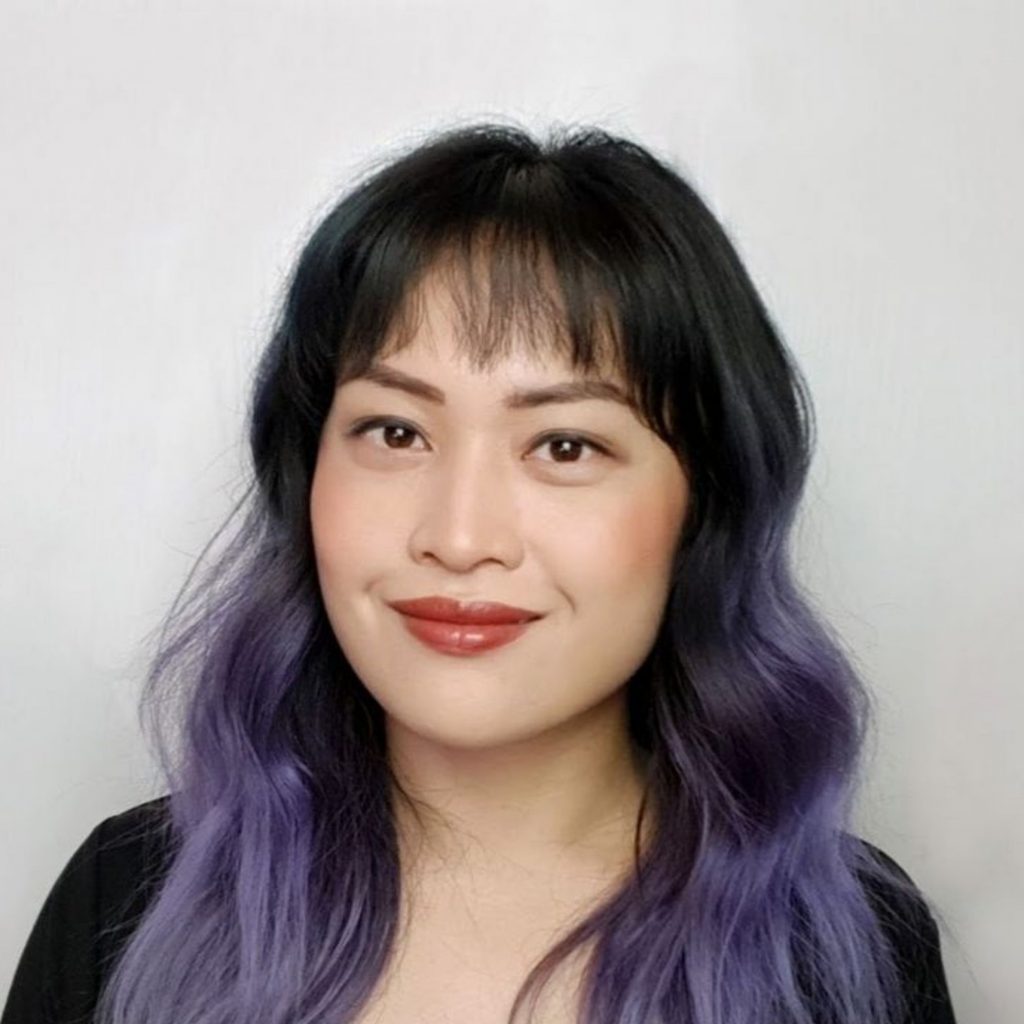
Michelle Wong, known online as Lab Muffin Beauty Science, is a chemistry PhD, cosmetic chemist and science educator.
Wong spends a lot of her time debunking misinformation for her 725k followers across Instagram, Youtube and TikTok.
She knows a lot about the ingredients that are included in your products, what they do, and why they are there (or, if they should be).
In 2021 Wong wrote this excellent piece in which she debunked a report written by US online pharmacy Valisure. Valisure suggested in the report that FDA were not properly monitoring sunscreen for benzene. The report caused a lot of concern. However, when examined, it misrepresented the facts, and served Valisure’s commercial interests rather than the interests of public health and safety.
When one corporate entity claims specific products are “dangerous,” it’s wise to treat those claims with scepticism. Often, as in the case of Valisure, these claims are “good for business” rather than founded in fact.
Wong said that the fear-mongering created by reports like this contributes to a popular “anti-cancer product gives you cancer” myth.
She seemed like the right person to talk to for this story, so here’s our interview:
POPSUGAR Australia: What exactly is benzene?
Michelle Wong: Benzene is a chemical compound that’s used as a solvent in the industry, but it doesn’t have a use in cosmetics.
Benzenes are used in the creation of many products – this means, occasionally, small amounts will find their way into a batch. It is these ‘trace contaminants that are registering when benzenes are found in products like sunscreen and hand sanitiser.
PS: Why has the presence of benzene caused a sunscreen recall?
MW: High amounts of benzene exposure are linked to certain types of cancer. This is generally seen in instances of industrial exposure: people in specific industries who regularly work with large amounts of benzene. According to the Australian Therapeutic Goods Administration, the safe limit of benzene to be exposed is 2 ppm. This is well below the amount thought to cause harm – it is equivalent to 1/150th a drop of benzene in 150ml tube of sunscreen.
Even sunscreens that have exceeded 2ppm in published Australian recalls have only reached around 6ppm, which is still an extremely low amount.
During a US sunscreen recall, a toxicologist who specialises in benzene noted that the benzene in petrol, and the risk from the benzene that evaporates from your car if it is parked in a garage attached to your home, is higher than the risks found in sunscreen.
Benzenes and oxybenzone (a key ingredient in many sunscreens) sound the same. Why is this so, and should we be concerned?
MW: Many substances have “benz” at the start of their names because it refers to part of their structure.
Benzene is made of six carbon atoms and six hydrogen atoms that form a flat ring. This ring is used as the building block for many other chemical compounds — including sunscreens — because the benzene ring can absorb UV and convert it into a harmless amount of heat.
However, when a new chemical like oxybenzone is formed, it doesn’t have any of the properties of the original benzene. It is like how chlorine gas is green and toxic, but once it is reacted to make sodium chloride, otherwise known as the table salt we put on our food, it is a colourless, tasty solid that isn’t harmful to health (unless you have too much of it!).
What should consumers be wary of when reading about carcinogens in sunscreen?
MW: It’s important to distinguish between a “hazard” and a “risk” with scary-sounding chemicals in sunscreens or personal care products.
Studies can also be misleading. A study that links a specific ingredient to poor health outcomes might not translate to poor health outcomes in real life. This is because studies often test chemicals or ingredients in much higher quantities than you would encounter in real life.
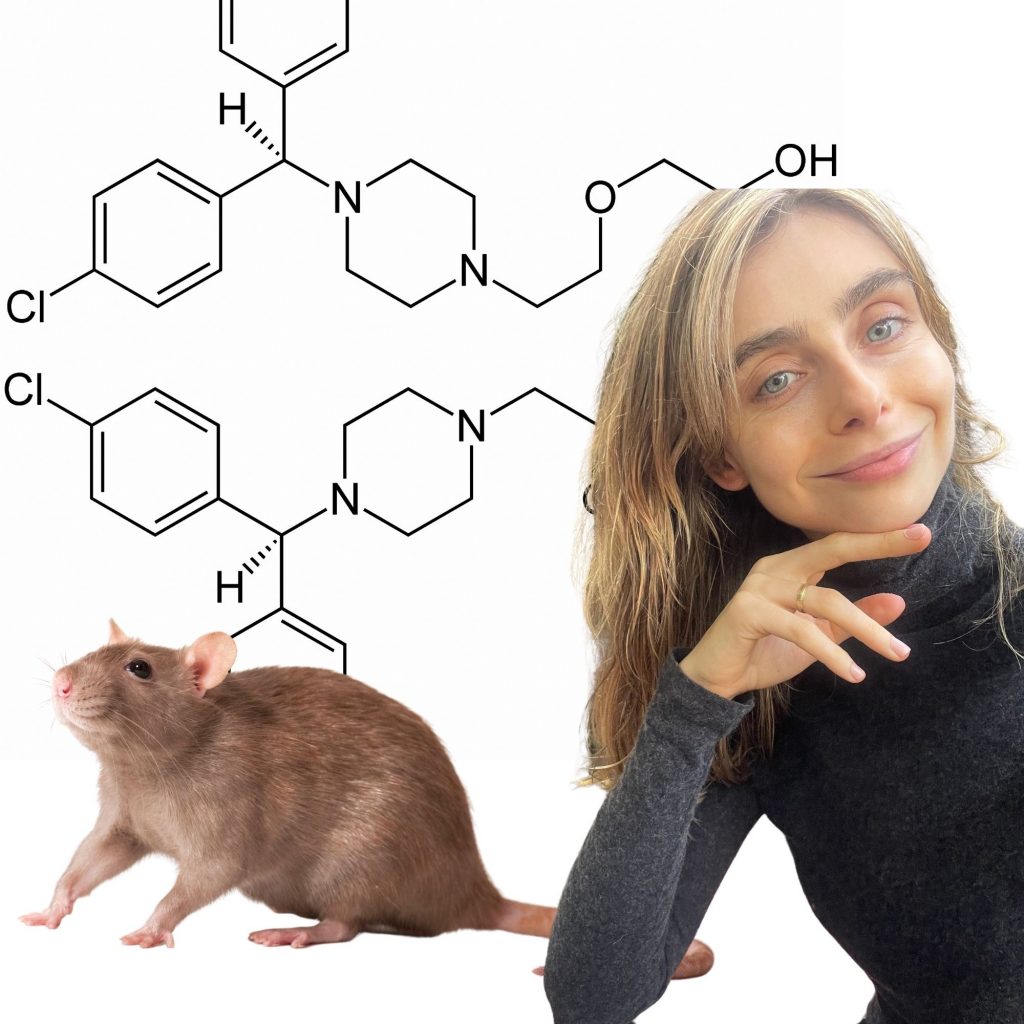
Or, the ingredient is used differently in the study – for example, ingested orally, or tested on a different species. [Editor’s note: An example of this is you may read that an ingredient or medication has been linked to adverse health effects, but you may not know that the study was only performed on rats – who are very different in size and structure to you]
When discussing sunscreens, it is essential to remember they are regulated as drugs in Australia – so they are monitored closely by the TGA and held to very high standards. This recall is good evidence of the regulatory mechanisms working as they should.
What should we keep in mind when reading media reports about sunscreen?
MW: I think news coverage can cause a lot of fear if the exposure isn’t placed in context – we are exposed to benzenes from many other sources – like urban air — that have far more significant health implications.
POPSUGAR Australia’s Favourite Sunscreens:
As POPSUGAR editors, we independently select and write about stuff we love and think you’ll like too. POPSUGAR has affiliate and advertising partnerships so we get revenue from sharing this content and from your purchase.
So, now that Michelle has kindly cleared up that there is actually nothing to worry about when it comes to sunscreens – here are our top picks.
Because there is a product you put on your face that will protect you from cancer, make you glow, and keep you wrinkle-free, it’s sunscreen.
Ultra Violette, Queen Screen, ($47)
A personal favourite, this sunscreen is great for dry and/or mature skin types. It gives a serious glow and creates a beautiful base for makeup while being enriched with Kakadu Plum for antioxidant benefits.
Want a dupe for Queen Screen? Cancer Council’s Moisturising Sunscreen will give you uber-hydration at a fraction of the price. While it’s not QUITE as luxurious and cushioning as Queen Screen, it’s just as hydrating, sits perfectly under makeup and protects skin with Vitamin E and Aloe Vera. I reapply sunscreen all day long so at $24 for 500ml and $13 for 110mls it’s a total bargain.
MCoBeauty Mineral Mattifying Sunscreen SPF50+ ($18) MCoBeauty’s mineral sunscreen is FAMOUSLY the only mineral sunscreen I’ve ever used. I’m on my second tube with a third as backup-it’s that good. Suitable for all skin tones it wears beautifully under makeup, has Kakadu Plum for antioxidant benefits, and isn’t too drying. At the time of writing it’s on sale for $18 reduced from $35 at your local Woolies. Get on it.
What can we say? Ultra Violette just slays the sunscreen game! For those who want hydration without glass skin uber-glow, Ultra Violette, Supreme Screen, SPF50+ ($47) is perfection. Like a velvety moisturiser, you won’t even know it’s there, and it applies perfectly over makeup with a Juno Sponge (a la Hannah English’s viral tip)
Cheap and cheerful, Cetaphil Sun SPF50+ Ultra Light Lotion ($16) is a great option for oily and sensitive skin types. Balancing with panthenol, glycerin, Aloe Vera and Vitamin E this provides plenty of skincare benefits, along with essential SPF protection, while never weighing your skin down.
Skinceutical’s Ultra Facial Defense SPF50+ ($55) is found in many a beauty editor and influencer’s handbag because it’s lightweight, non-greasy, totally transparent and won’t mess with your makeup. It is one of the few sunscreens that is truly suitable for all skin types.
+
Another great option for oily skin types La Roche-Posay Anthelios Invisible Fluid Facial Sunscreen SPF50+ ($34) is a SUPER close to water-weight, fragrance free option. Widely available you can grab it online at Adore Beauty or at pretty much any Chemist.
Naked Sundays SPF50+ Clear Glow Radiant Serum Sunscreen Serum, ($50) feels exactly like a primer. Released earlier this year it is the first totally clear sunscreen. Perfect for when you need your base to look #flawless, but still want SPF protection (which is all the time, really).


